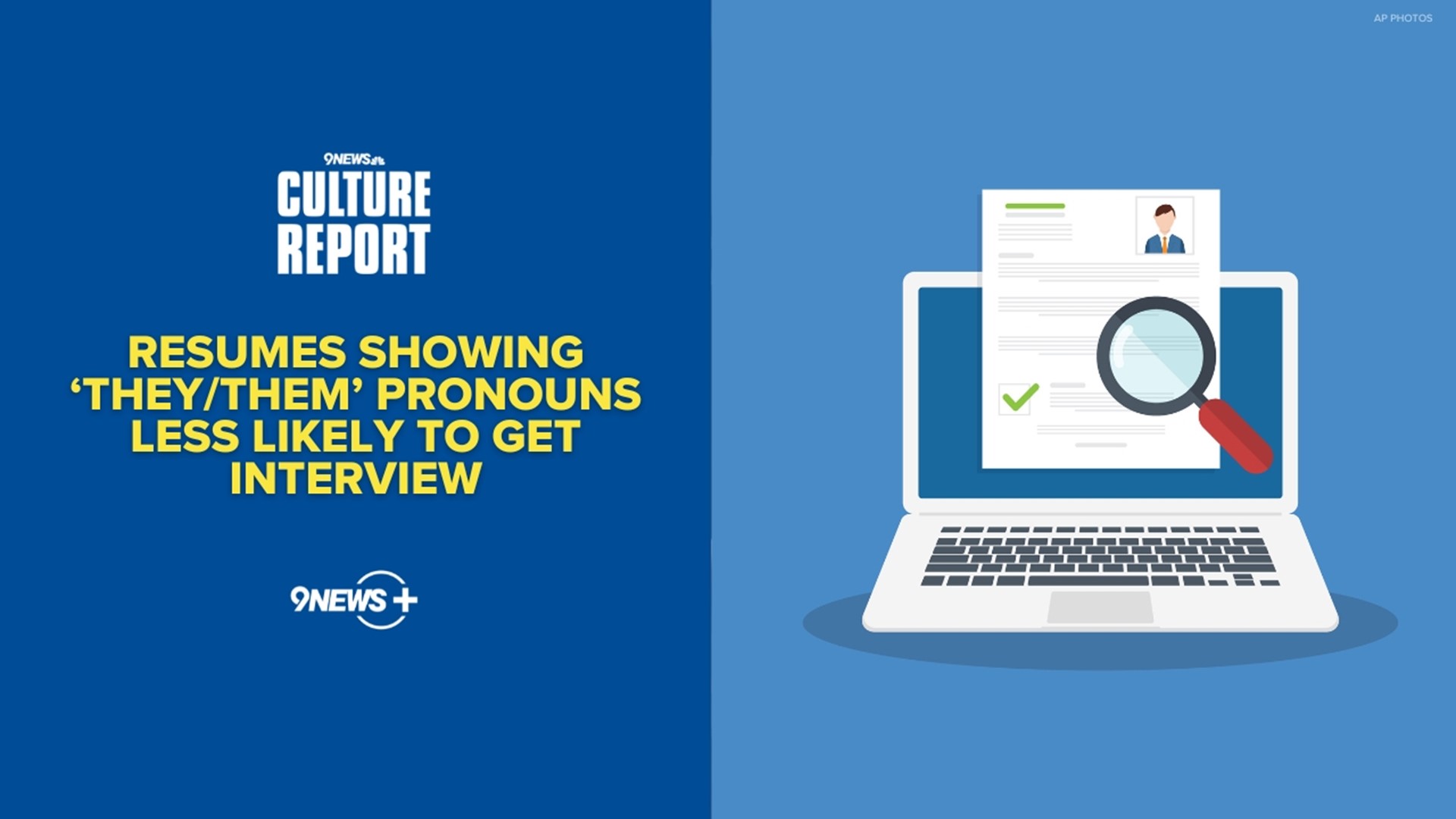With Hurricane Harvey causing what's likely to be billions of dollars in damage and forcing thousands out of their homes, it's only natural that many will want to help.
It's also likely that some will try to take advantage of the generosity of others.
Here are some tips to make sure your money is going to a good cause:
- Research charities before you contribute. A number of online resources can help you research charities. The Better Business Bureau, the Better Business Bureau Wise Giving Alliance, GuideStar, Charity Navigator, and Charity Watch provide detailed information about non-profit organizations. Also, take time to review the organization’s own website.
- Take the time to make sure that your money is really going to help those in need. Ask how much of your donation will go to the cause. The percentage of your contribution that a charity spends on fundraising activities, employee salaries, or expenses which do not directly support the charity’s stated mission varies greatly by organization.
- Be wary of telephone solicitors asking for contributions. If you are solicited by phone, ask the individual to put the request in writing and provide detailed information and material about the charity and its program. Also, ask if the person conducting the solicitation is a volunteer or a paid fundraiser for that charity.
- Never give your credit card, debit card, or bank account information to a telephone solicitor. Be particularly cautious of couriers willing to rush out to your home or business to pick up your contribution. Avoid sending cash donations. Donate by credit card or check directly to the charity. Do not make payments to individuals. If your contribution exceeds $250, you should receive a letter from the charity confirming its charitable status as well as the amount of your donation.
- If a tax deduction is important to you, make sure the organization has a tax-deductible status with the Internal Revenue Service. “Tax exempt,” “non-profit”, and “tax-deductible” are not synonymous. Only “tax-deductible” means your contribution is deductible on your income tax return. If you contribute to a charity, make sure you get a receipt which shows the amount of your contribution and states that the contribution is tax-deductible. The IRS has a searchable database (“Exempt Organizations Check”) of organizations eligible to receive tax-deductible charitable contributions.
- Not all organizations with charitable-sounding names are actually charities. Many organizations adopt names confusingly similar to well-known charities. Be sure you know exactly who is asking for your contribution. Sites like Charity Navigator can provide you a list of a charities that have a history of working on massive disasters.
Texas Cares
10News and our parent company TEGNA are raising money for the American Red Cross, Hurricane Harvey relief efforts.


